
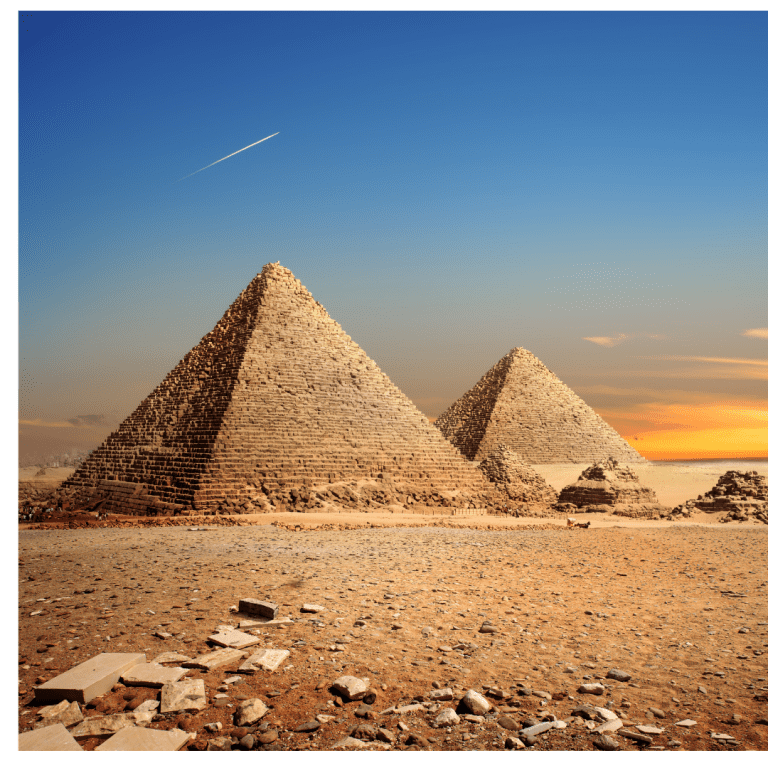
Home » Weekly Blog » The Best Times of Year to Visit Egypt: A Journey Through Time and Season
There’s something profoundly magnetic about Egypt—a land where ancient history is not just remembered but lived every day. The Pyramids of Giza stand as timeless sentinels, the Nile flows with stories of civilizations long past, and the vast deserts whisper secrets to those who listen closely. Yet, the question remains: when is the best time to embark on this journey through the sands of time? When should you set foot on this land that has enchanted travelers for millennia?
Choosing the right time to visit Egypt can make the difference between an extraordinary adventure and a challenging one. Whether you’re drawn to the historical marvels, the vibrant culture, or the natural wonders, timing your visit is crucial. In this comprehensive guide, we’ll take you through the seasons, festivals, and hidden gems to help you decide the best time to experience Egypt in all its glory.
Before diving into the specifics, it’s essential to understand the climate of Egypt. The country’s weather is as diverse as its history, with significant differences depending on the region and time of year.
Egypt is predominantly a desert country, which means hot days and cool nights, with very little rainfall throughout the year. However, there are nuances:
This variation in climate makes Egypt a year-round destination, but the experience can be vastly different depending on when you visit.
Now that you have a grasp of Egypt’s climate, let’s delve into the best times to visit based on weather, cultural events, and your travel goals.

Winter is arguably the most popular time to visit Egypt, and for good reason. The weather during these months is near perfect for exploring the country’s vast outdoor attractions. Imagine walking through the corridors of the ancient temples, the cool breeze carrying the faint scent of the desert, the sun warming your back without overwhelming heat.
While winter is the most comfortable time weather-wise, it’s also the peak tourist season. This means you’ll encounter larger crowds at popular sites and higher prices for accommodations. However, the benefits far outweigh these minor inconveniences, especially if you’re prepared and book in advance.
Spring in Egypt is a season of transition. The days start to warm up, but the extreme heat of summer hasn’t yet set in. This period offers a balance between pleasant weather and fewer tourists, making it an excellent time to explore.
As you approach May, the temperatures in southern Egypt, particularly in places like Luxor and Aswan, can start to climb rapidly. If you plan to visit these areas in late spring, be prepared for hotter weather and plan your activities for the cooler parts of the day.

Summer in Egypt is not for the faint-hearted. The temperatures can soar to over 40°C (104°F) in the southern regions, making outdoor activities challenging during the day. However, if you’re willing to brave the heat, there are rewards to be reaped.
If you decide to visit Egypt in the summer, there are a few survival tips to keep in mind:
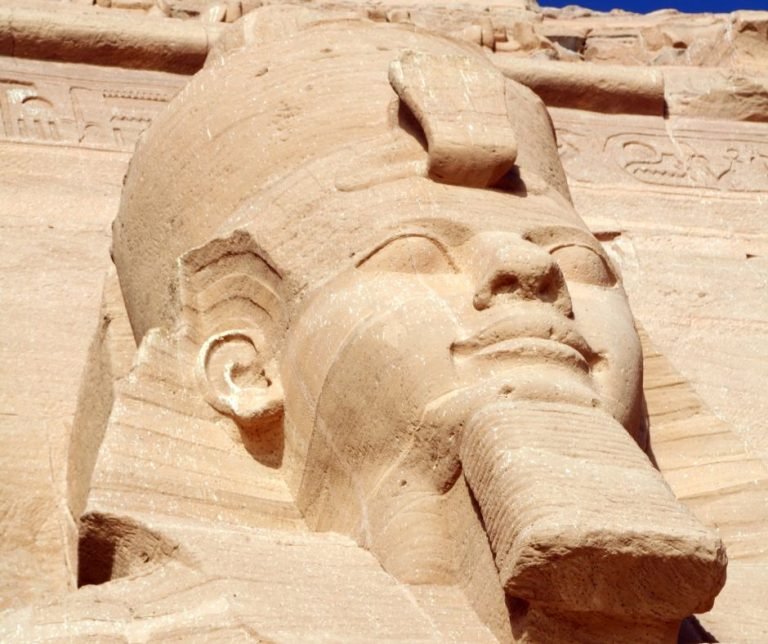
Autumn is perhaps the best-kept secret of Egypt. As the summer heat begins to wane, the landscape is bathed in a golden light, and the crowds have thinned out from the peak tourist season.
Autumn offers many of the same benefits as spring, with the added advantage of witnessing some of Egypt’s most important cultural events. The weather is still warm, but not oppressively so, making it perfect for both relaxation and exploration.
Egypt is a country steeped in tradition and culture, with a calendar full of festivals and events that offer a unique glimpse into the life of its people. Planning your trip around these events can add a rich layer to your travel experience.
Ramadan, the Islamic holy month of fasting, is observed with great reverence across Egypt. The dates vary each year, but it usually falls between April and May.
Following Ramadan, the Eid al-Fitr festival marks the end of fasting and is celebrated with feasts, family gatherings, and public festivities. Another important festival is Eid al-Adha, which commemorates the willingness of Ibrahim to sacrifice his son in obedience to God.
Twice a year, on February 22 and October 22, the sun aligns perfectly with the inner sanctuary of the Abu Simbel temple, illuminating the statues of Ramses II and the gods seated beside him. This remarkable phenomenon is a testament to the ancient Egyptians’ engineering prowess.
Having the right information at your fingertips can make planning your trip to Egypt smoother and more enjoyable. Here are some practical tips to help you make the most of your visit.
Packing appropriately can make your trip much more comfortable, especially considering the diverse climates and activities you may encounter in Egypt.
Egypt is generally a safe destination for travelers, but it’s always wise to take precautions, especially when it comes to health.

Egypt is not just a destination; it’s a journey through time, a place where the past and present collide in a spectacular display of culture, history, and natural beauty. Whether you’re walking among the tombs of pharaohs, cruising down the Nile, or exploring the vibrant cities, Egypt offers an experience that is both profound and exhilarating.
But to truly appreciate all that this land has to offer, timing is everything. Whether you choose the cool embrace of winter, the blooming beauty of spring, the adventurous spirit of summer, or the golden glow of autumn, each season brings its own magic to the Egyptian experience.
So, when will you answer the call of Egypt? The Pyramids are waiting, the Nile is flowing, and the desert sands are ready to reveal their secrets. It’s time to start your journey with Ancient Navigator—where history comes alive and the adventure never ends.
Call to Action: Ready to embark on your Egyptian adventure? Visit AncientNavigator.com to plan your trip, discover exclusive travel tips, and connect with fellow explorers. Don’t just travel—navigate your way through the wonders of ancient Egypt with us!
If your travel plans are further out. Get on our wait list and we will let you know when future dates and pricing become available.
Sign up below to get on the wait list. You will be one of the first to be notified when reservations open up.
Required*
Sign up to hear about our upcoming adventures, monthly newsletter, exclusive offers, and more!
Required*
Not Ready to book?
Get regular updates on upcoming tour and special promotions.

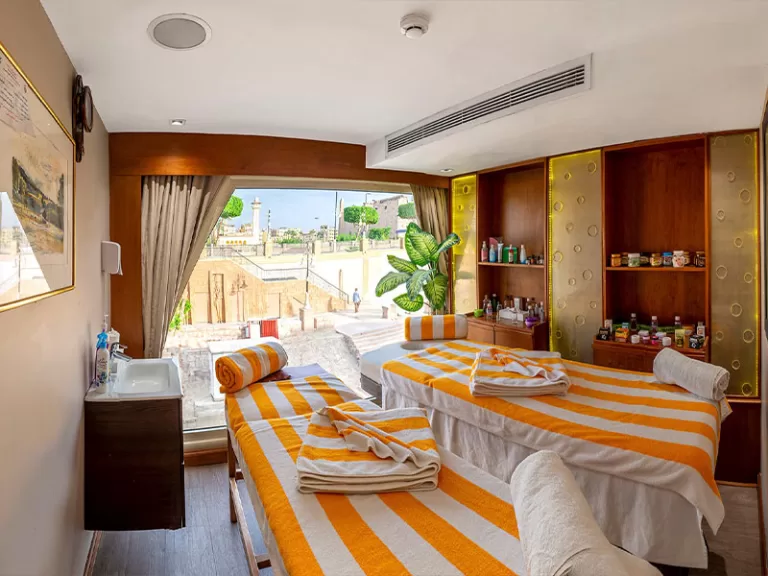


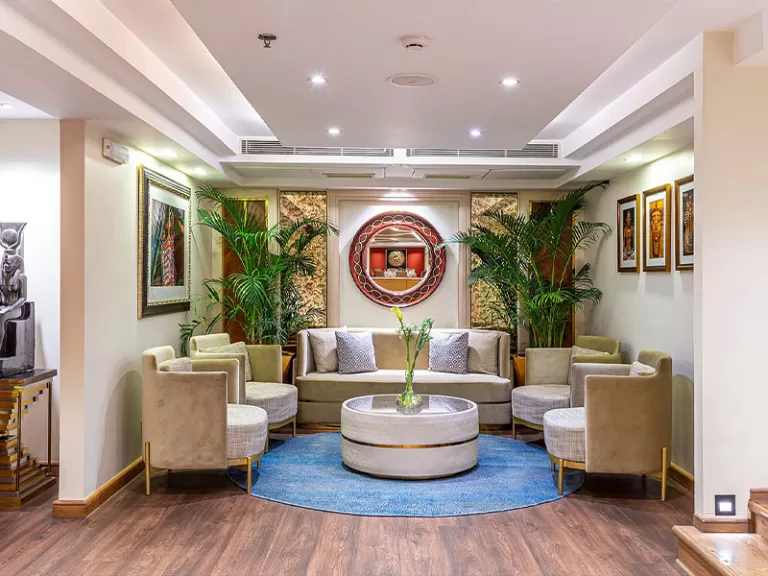
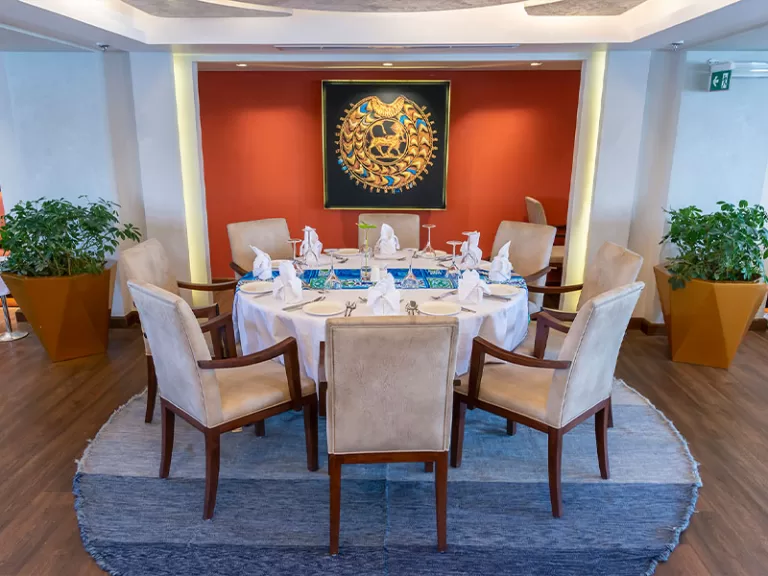
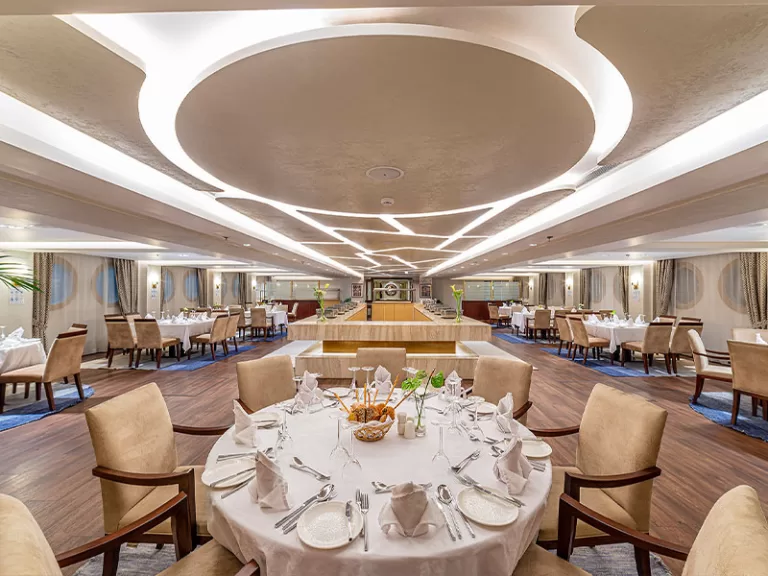
Sign up for our Mailing List to get updates on our current offerings.